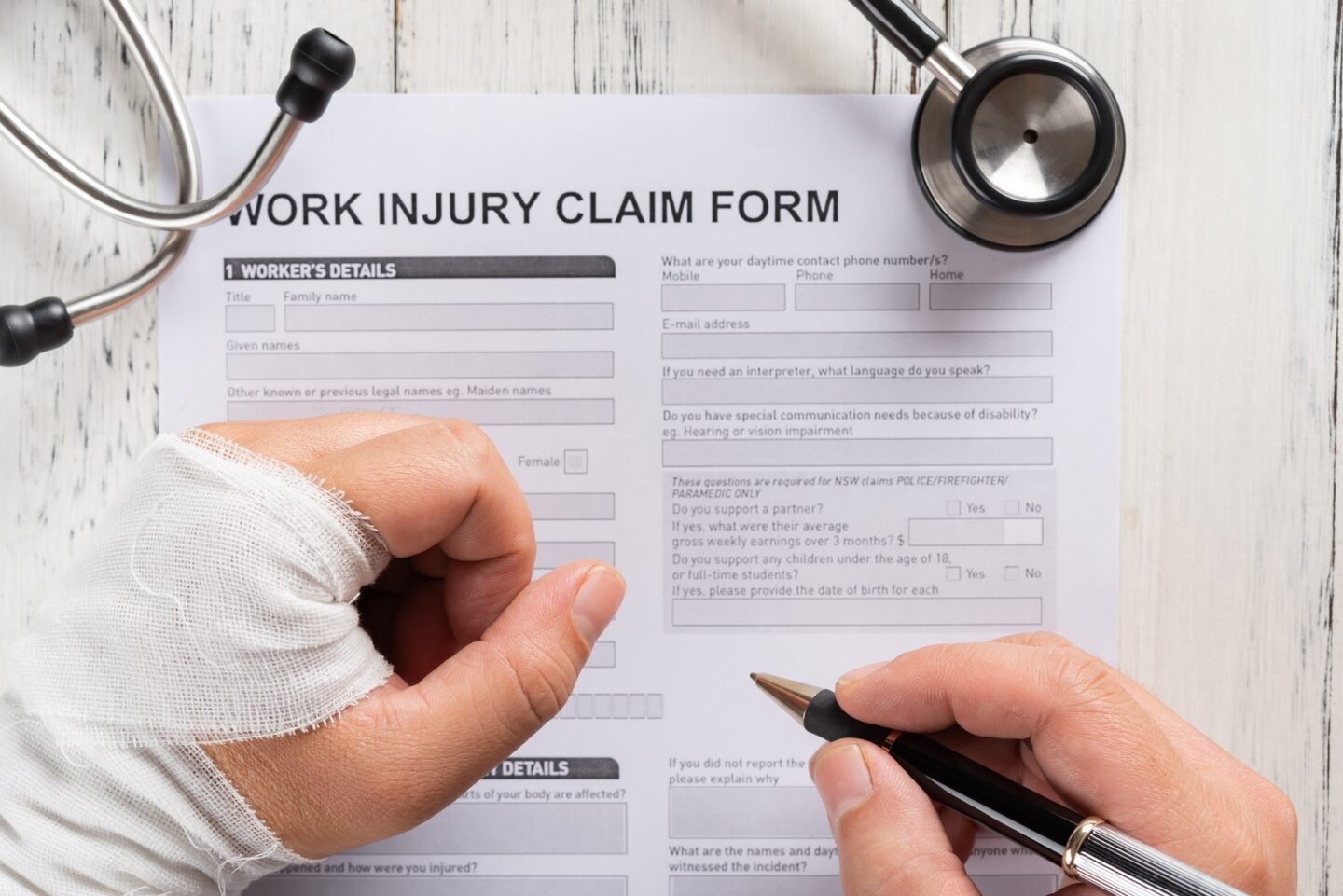When it comes to workers’ compensation claims in Washington State, things can get complicated when injuries happen across state lines. If you’re a Washington resident injured while working in another state or a worker from another state hurt while working in Washington, understanding your rights and how the law applies to you is crucial. In this post, we’ll break down how Washington’s workers’ compensation laws work in these cross-border situations and provide you with the information you need to protect your rights.
Workers from Washington Injured on the Job in Other States
If you live in Washington but work in a neighboring state (such as Oregon or Idaho) or travel to another state as part of your job, and you’re injured while performing work duties, the question arises: Can you still file a workers’ compensation claim in Washington?
The short answer is yes. Washington has specific provisions in its workers’ compensation system that allow Washington workers injured in other states to still receive benefits through Washington’s Department of Labor and Industries (L&I). Here’s what you need to know:
- Filing with Washington’s L&I: Even if the injury occurs outside the state, as long as you’re employed by a Washington-based employer or your work is typically based out of Washington, you may be able to file your claim with Washington L&I. This ensures that you receive benefits under Washington’s workers’ compensation laws, which may be more favorable compared to other states.
- Reciprocal Agreements: Washington has reciprocal agreements with certain states, such as Oregon and Idaho, that allow injured workers to choose between filing a claim in Washington or in the state where the injury occurred. Depending on your specific case, you may benefit from choosing one system over the other, so it’s important to consult with an experienced workers’ compensation attorney to evaluate your options.
- Coverage Continuation: If your Washington employer sends you to work in another state temporarily (for less than six months), Washington workers’ compensation coverage may still apply. This allows you to receive compensation for medical treatment and wage loss benefits through Washington L&I without having to navigate the workers’ compensation laws of another state.
Workers from Other States Injured While Working in Washington
For workers who live in other states but are injured while working in Washington, it’s important to understand how Washington’s workers’ compensation system applies. Whether you’re from Oregon, Idaho, California, or another state, if you’re injured on the job in Washington, you may be entitled to file a claim here.
Here’s how it works:
- Jurisdiction of Washington L&I: If you’re injured while performing work duties in Washington, regardless of where you live, you’re likely covered under Washington’s workers’ compensation laws. This means you can file a claim with Washington L&I, and your benefits will be governed by Washington law.
- Comparing State Benefits: In some cases, workers may have the option to file claims in either Washington or their home state, especially if their employer has coverage in both states. Washington’s workers’ compensation benefits might be more comprehensive compared to other states, especially when it comes to medical coverage and wage loss benefits. In these cases, it is advisable to compare the benefits you would receive from each system to make the best decision for your recovery.
- Temporary Work in Washington: If you’re an out-of-state worker temporarily assigned to Washington (for less than six months), you may still be covered by your home state’s workers’ compensation laws. However, Washington’s reciprocal agreements with other states may allow you to file in Washington if doing so would provide better benefits.
Filing a Workers’ Compensation Claim: What You Need to Do
For both Washington residents injured in other states and out-of-state workers injured in Washington, the process for filing a claim is similar:
- Report the Injury Immediately: Regardless of where the injury occurred, report it to your employer as soon as possible. Delay in reporting could affect your ability to receive compensation.
- Seek Medical Attention: Obtain medical treatment and let the healthcare provider know the injury happened at work. Keep detailed records of your medical care and any expenses related to the injury.
- File Your Claim: Depending on the situation, you will need to file your claim either with Washington’s L&I or the workers’ compensation system of the other state. If you’re unsure where to file, an experienced workers’ compensation attorney can help guide you through the process and ensure you’re getting the benefits you’re entitled to.
- Consult with an Attorney: Workers’ compensation laws can vary significantly from state to state. If you’re dealing with an out-of-state injury, it’s a good idea to speak with an attorney who is familiar with both Washington’s workers’ compensation laws and the laws of the other state involved.
Conclusion: Protecting Your Rights as an Injured Worker
Whether you’re a Washington resident injured while working in another state or a worker from another state injured in Washington, you have rights under Washington’s workers’ compensation system. Washington’s L&I offers protections for injured workers that are crucial to your recovery, and reciprocal agreements with other states can give you flexibility in filing your claim.
Navigating cross-border workers’ compensation claims can be complex, but by understanding your options and working with knowledgeable legal professionals, you can ensure that you receive the benefits you’re entitled to.
If you or someone you know is dealing with an out-of-state injury related to work, feel free to contact our office. At Scott & Scott, PLLC, we specialize in workers’ compensation claims and can help you get the compensation you deserve, no matter where your injury occurred.
